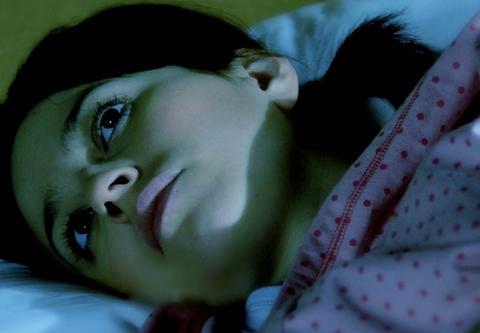-
Tips for becoming a good boxer - November 6, 2020
-
7 expert tips for making your hens night a memorable one - November 6, 2020
-
5 reasons to host your Christmas party on a cruise boat - November 6, 2020
-
What to do when you’re charged with a crime - November 6, 2020
-
Should you get one or multiple dogs? Here’s all you need to know - November 3, 2020
-
A Guide: How to Build Your Very Own Magic Mirror - February 14, 2019
-
Our Top Inspirational Baseball Stars - November 24, 2018
-
Five Tech Tools That Will Help You Turn Your Blog into a Business - November 24, 2018
-
How to Indulge on Vacation without Expanding Your Waist - November 9, 2018
-
5 Strategies for Businesses to Appeal to Today’s Increasingly Mobile-Crazed Customers - November 9, 2018
Interrupted Sleep May Negatively Impact Mood
When it comes staying in a good mood, getting a decent chunk of uninterrupted sleep is better than getting woken up repeatedly, according to a new study, something that is well-known to shift workers, insomniacs and many new parents.
Advertisement
According to study lead author Patrick Finan, an assistant professor of psychiatry and behavioral sciences at Johns Hopkins University School of Medicine in Baltimore, MD, the study data indicates that sleep interruption causes bad mood. Less sleep may be connected to depression andinsomnia.
After the second night, however, more significant differences appeared between these two groups. Hence, fitful sleep harms the mood quite heavily. Finan and colleagues demonstrated the effect of disrupted sleep on mood in their study of 62 healthy men and women who, over 3 consecutive nights in a clinical research suite, were randomized to one of three sleep conditions. This was assessed by a standard mood questionnaire given before bedtimes, where subjects rated how strongly they felt different positive and negative emotions.
During the first night, those who belonged to forced awakenings and delayed bedtimes both registered a higher negative mood.
Compared to the first day, those in the forced awakenings group had a 31 percent reduction in positive mood on the second day, compared with a 12 percent reduction for those in the later-bedtime group, the findings showed.
The researchers then compared the results obtained using a polysomnography (sleep recording), a medical exam which measures muscle movement, micro-awakenings, pauses in breathing and the sleep cycle structure (slow-wave/deep sleep).
Although the study was conducted on healthy participants, Finan suggests they could also apply to unhealthy individuals as well like those who suffer from insomnia. The study “gives us information about the patterns of sleep loss that seem to be particularly important for how we regulate our mood from day to day”.
Advertisement
The researchers also measured participants’ brain waves as they slept and found, unsurprisingly, that the interrupted snoozers had shorter periods of restorative deep sleep than the late-bedtime group, which may explain the differences seen in demeanor.





























